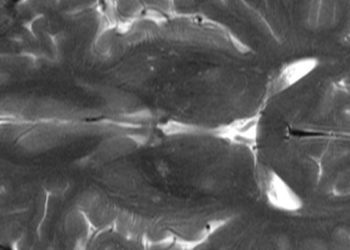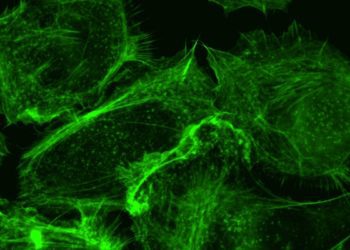MRI-Based prediction of macrovascular causes of intracerebral hemorrhage
1. The MRI Assessment of the Causes of intracerebral hemorrhage (MACRO) score shows greater predictive accuracy than existing CT-based scores for determining etiology of spontaneous intracerebral hemorrhage
Evidence Rating Level: 2 (Good)
Non-traumatic, spontaneous intracerebral hemorrhage (ICH) accounts for 10-30% of all strokes but accounts for half of the disability-adjusted life years lost due to strokes globally. These strokes are subdivided into small vessel diseases and macrovascular causes. The etiology influence treatment and prognosis. CT angiography (CTA) is the first-line investigation to identify macrovascular causes. Digital subtraction angiography (DSA) is a highly invasive procedure with significant risk of complications including hematoma and cerebral ischemia but remains the reference standard investigation. Therefore, a clinical score to select patients to undergo DSA is necessary. This study aimed to develop such a score using data from 2 large cohort studies. ICH patients who had a brain MRI and angiography within 90 days of symptom onset were included. Lasso logistic regression was used to create the score. The MRI Assessment of the Causes of intRacerebral haemOrrhage (MACRO) score includes age (0–39, 40–69, or ≥70), location of ICH (lobar, deep, or infratentorial), and SVD markers on MRI (≥1 microbleed, ≥1 lacune, presence of cortical superficial siderosis, or white matter hyperintensities using the Fazekas scale). Compared to existing CT-based scores, the MACRO score showed superior predictive ability (p < 0.001).
Click to read the study in Neurology
Image: PD
©2024 2 Minute Medicine, Inc. All rights reserved. No works may be reproduced without expressed written consent from 2 Minute Medicine, Inc. Inquire about licensing here. No article should be construed as medical advice and is not intended as such by the authors or by 2 Minute Medicine, Inc.








